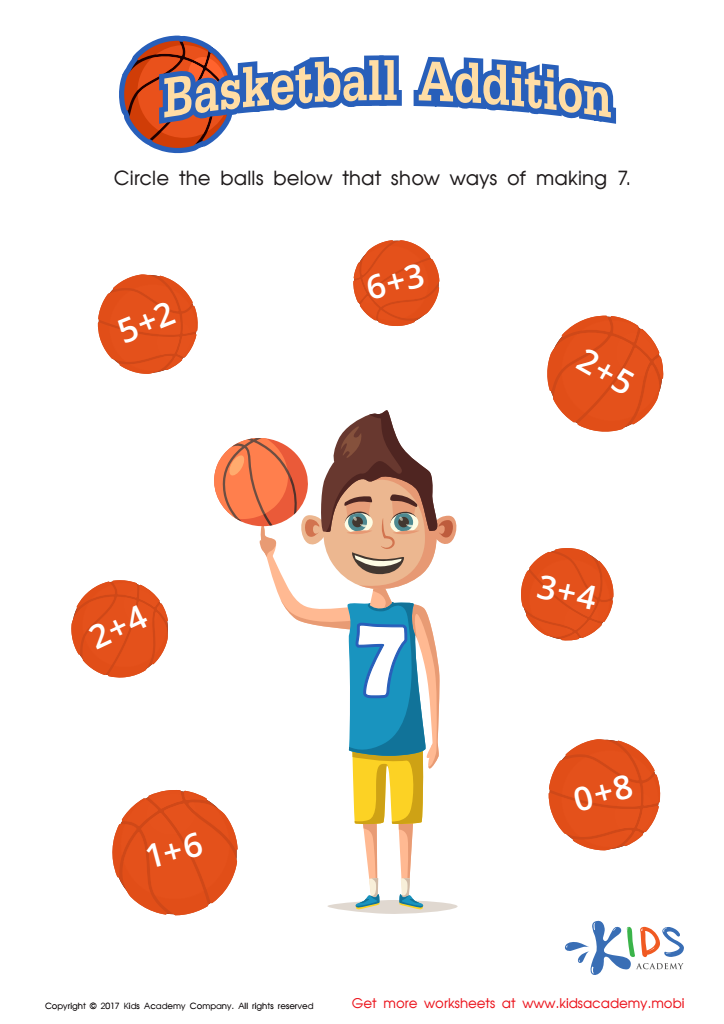Number Recognition Extra Challenge Addition & Subtraction Worksheets for Ages 4-8
31 filtered results
-
From - To
Introducing our "Number Recognition Extra Challenge Addition & Subtraction Worksheets" for kids ages 4 to 8! These engaging worksheets are specifically designed to strengthen number recognition while making addition and subtraction practice exciting. With vibrant illustrations and fun activities, young learners will build their math skills in a playful manner. Perfectly suited for early graders, these worksheets offer varying difficulty levels to cater to your child's unique learning journey. Help your little ones gain confidence in their math abilities while enjoying these interactive challenges. Enhance their number sense today and watch them thrive in their mathematical development! Download now and get started!
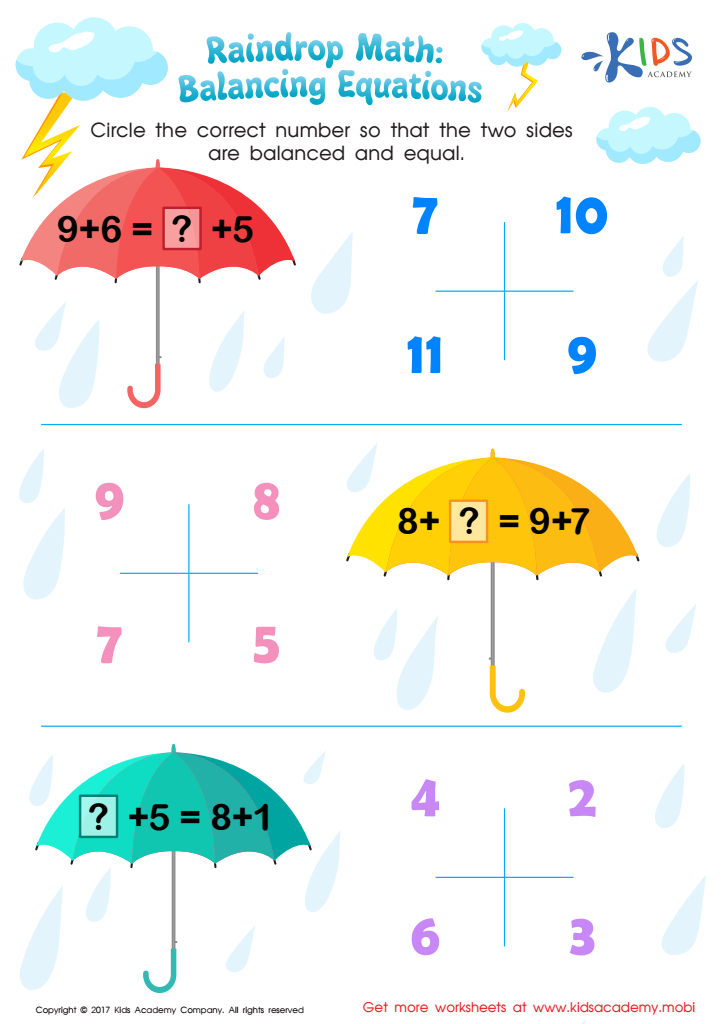

Raindrop Math Printable
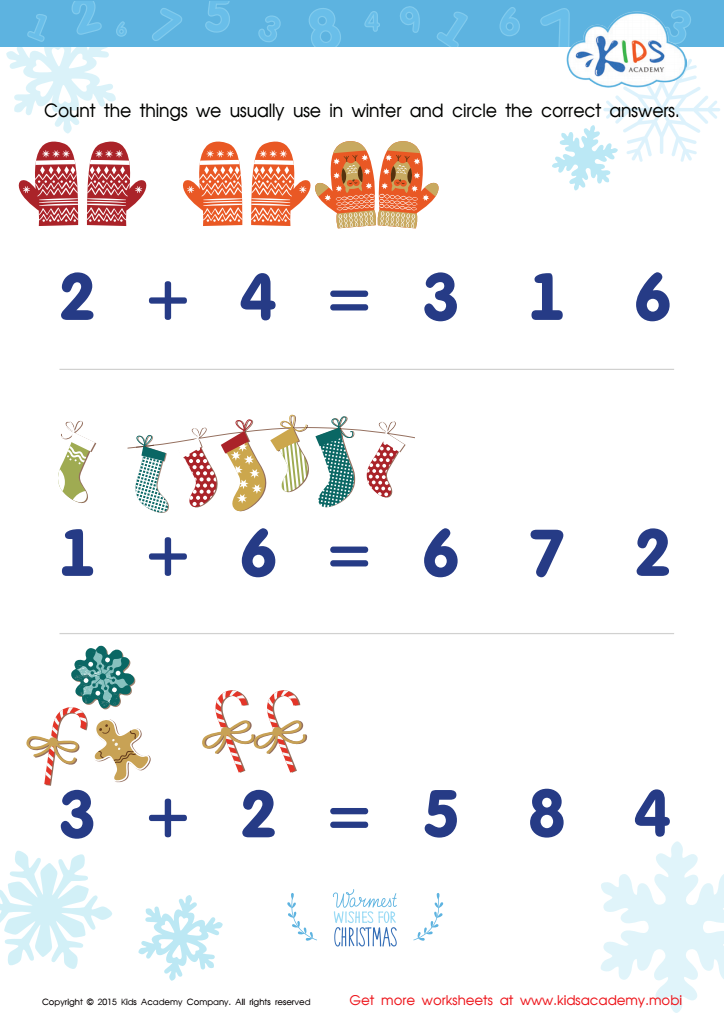

Count Winter Things Worksheet
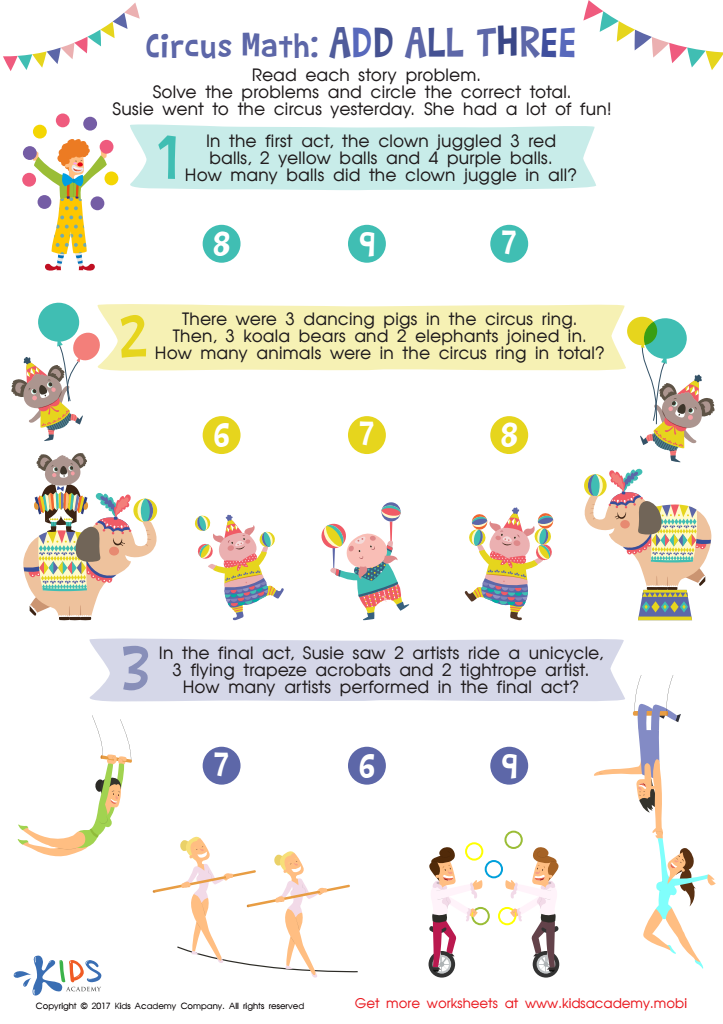

Circus Math Printable
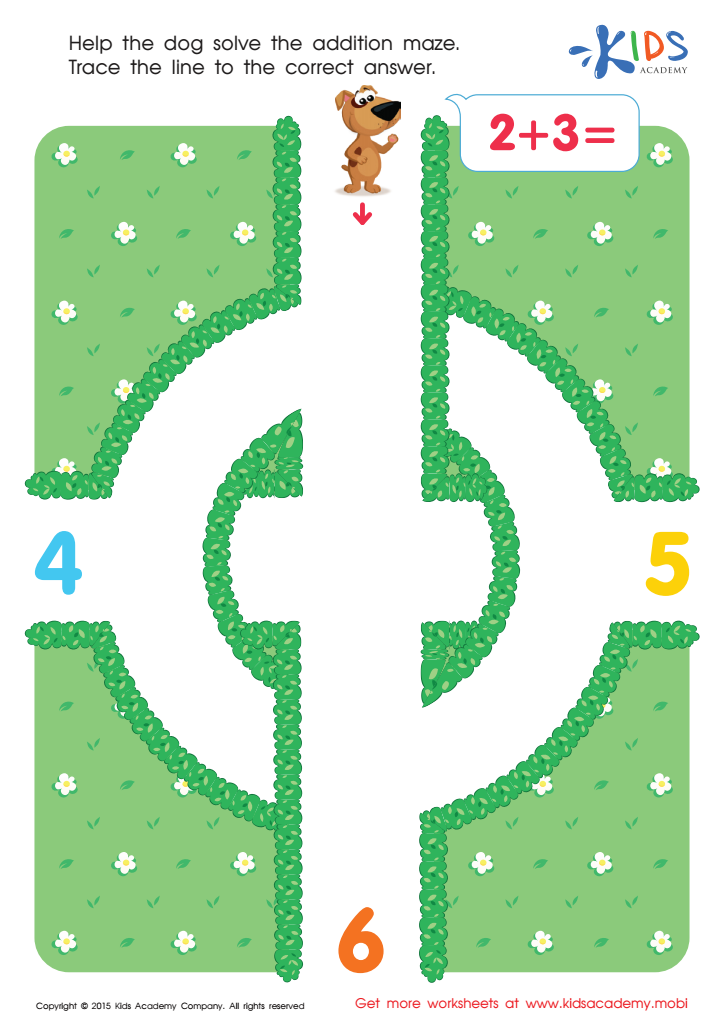

Two And Three Addition Worksheet
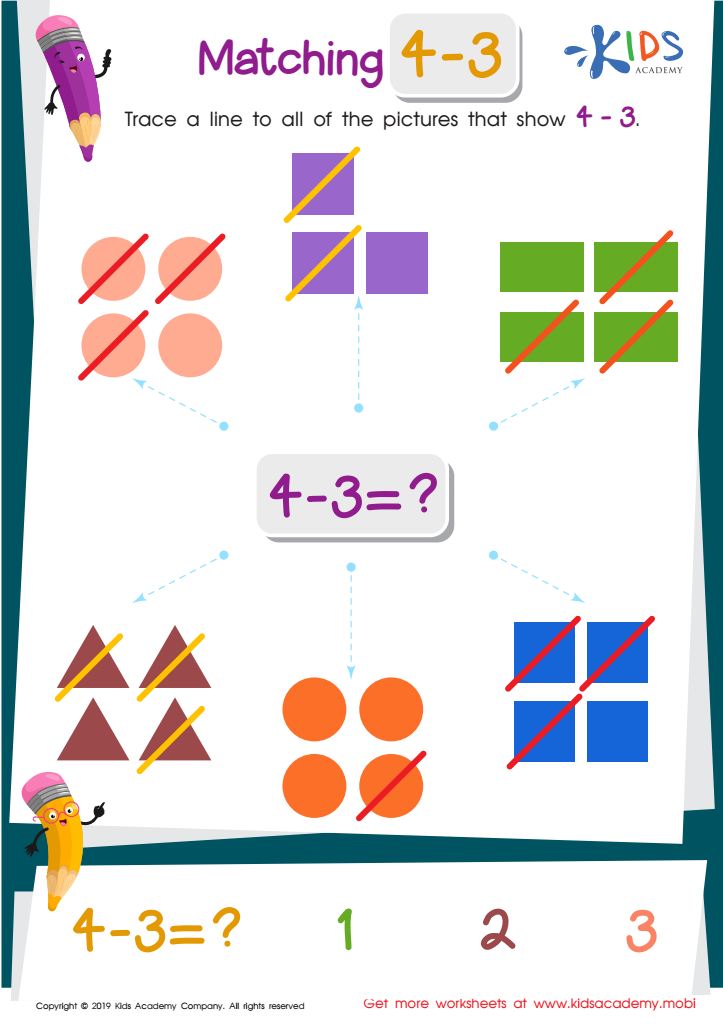

Matching 4 – 3 Worksheet
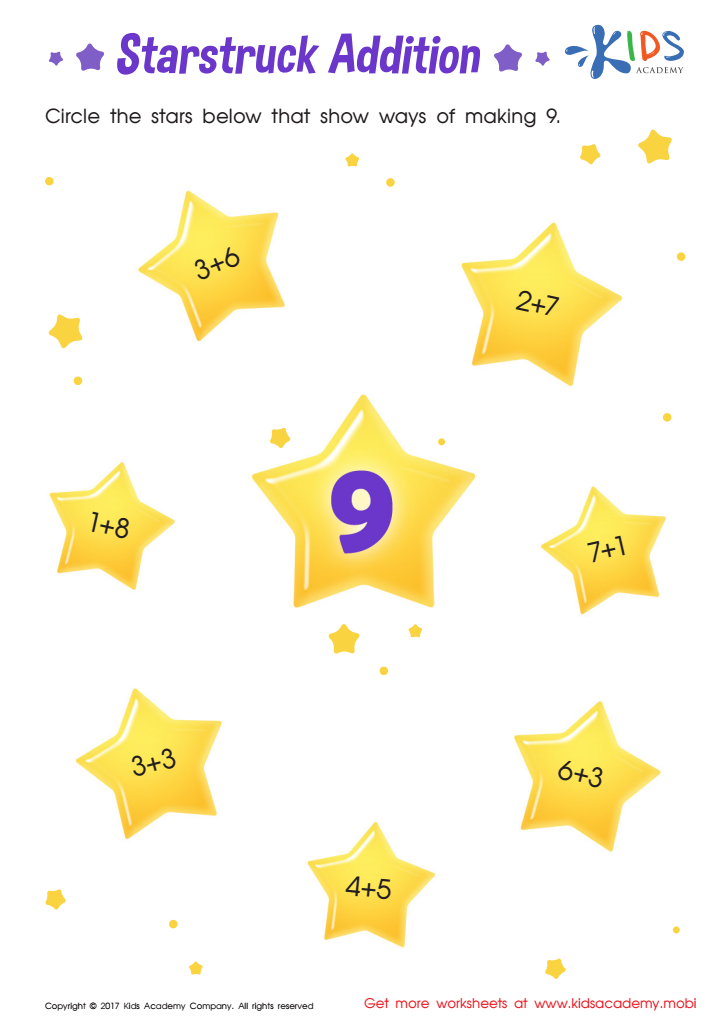

Starstruck Addition Printable
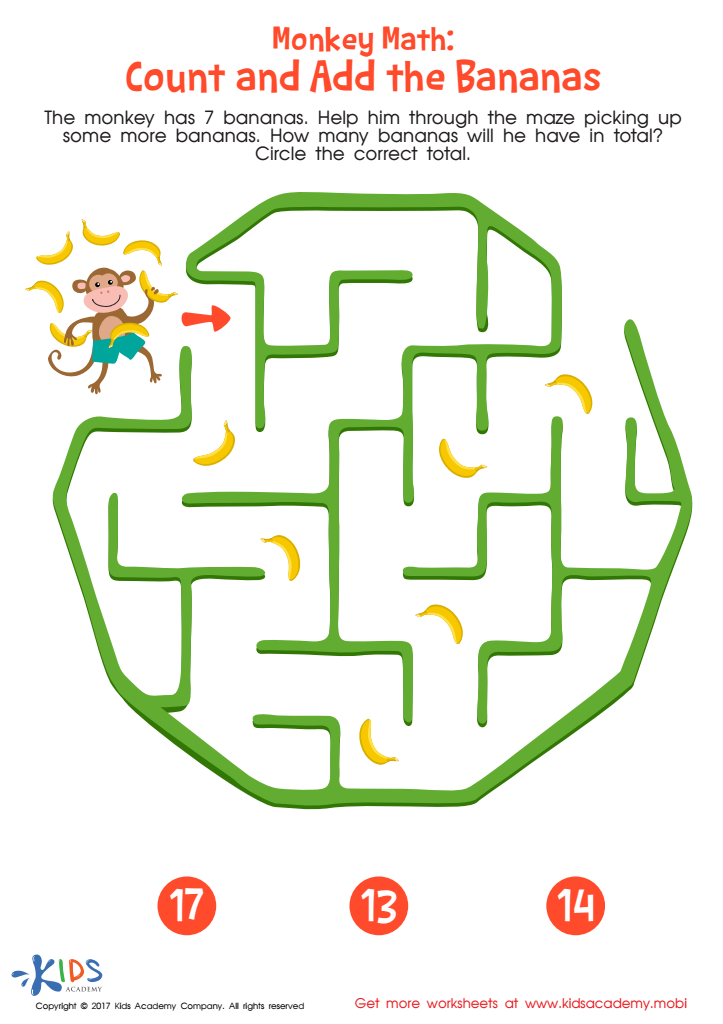

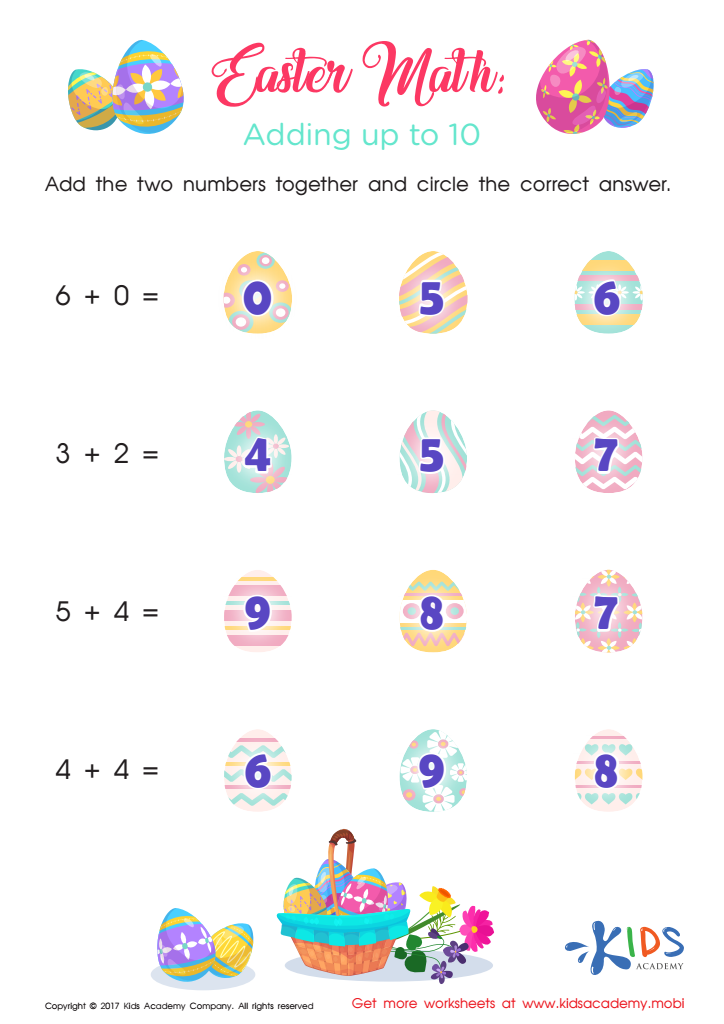

Addition Up To 10 Worksheet
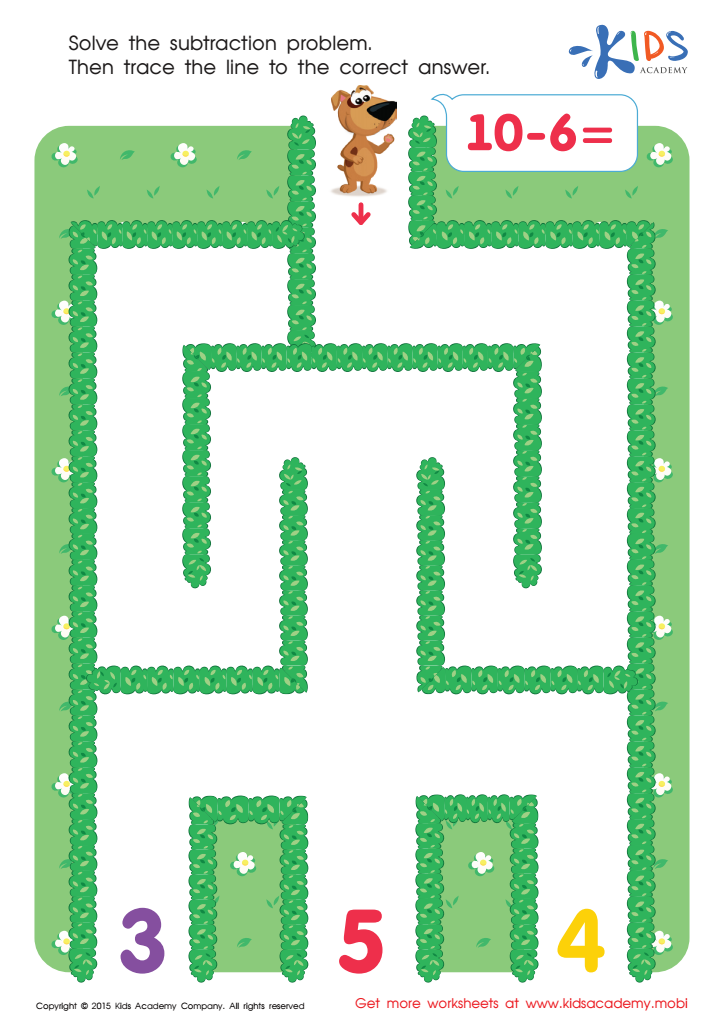

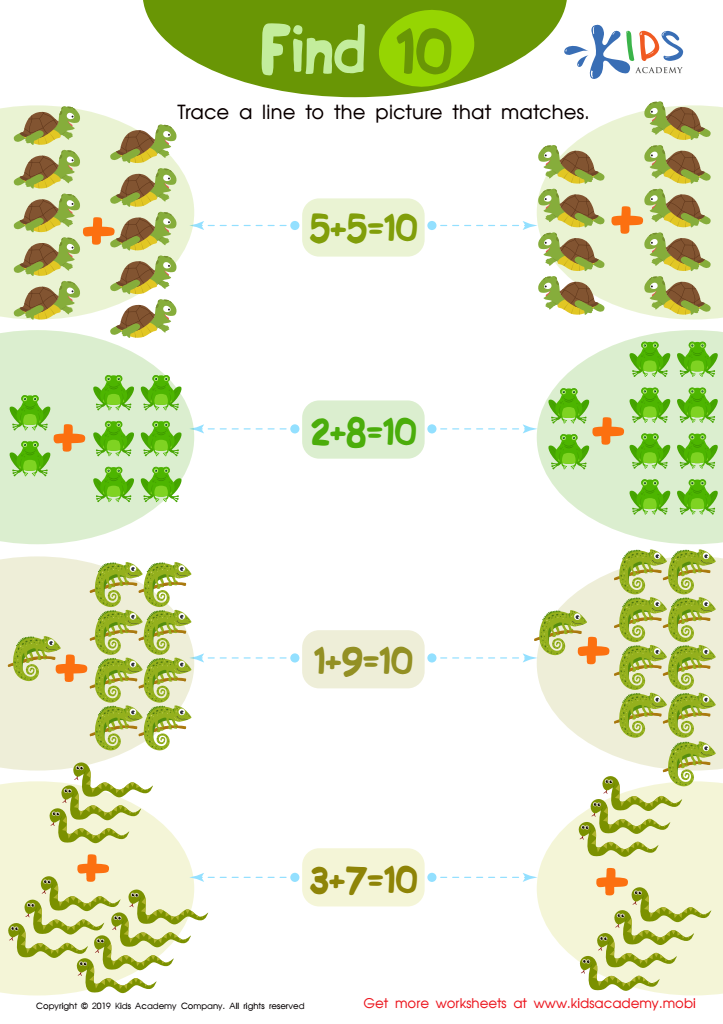

Find 10 Worksheet
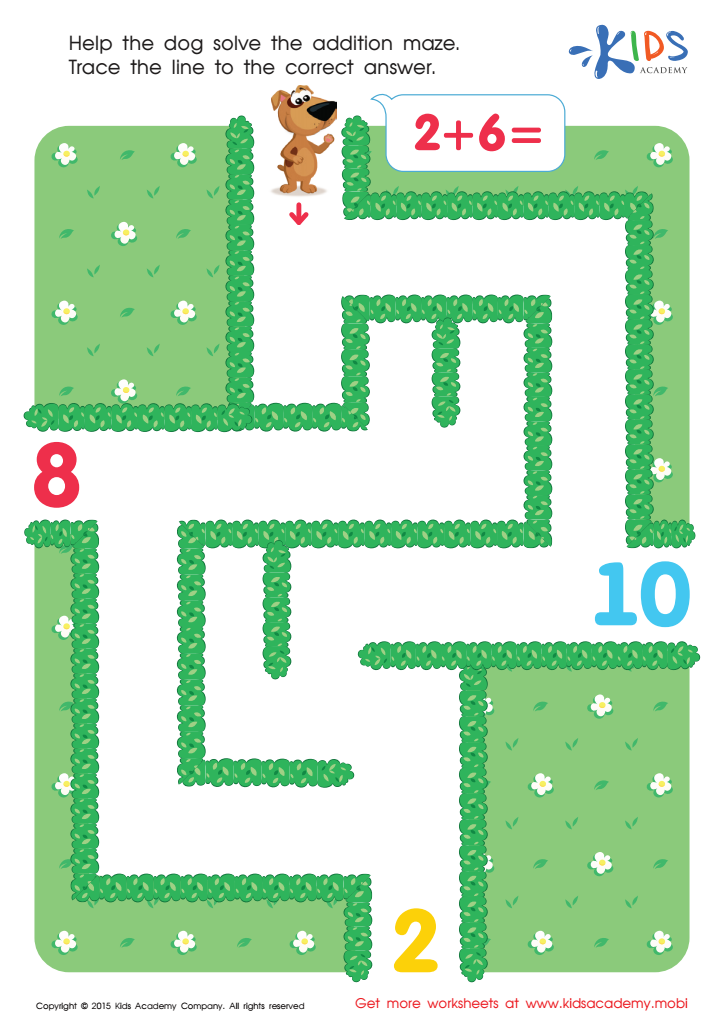

Two Plus Six Addition Worksheet
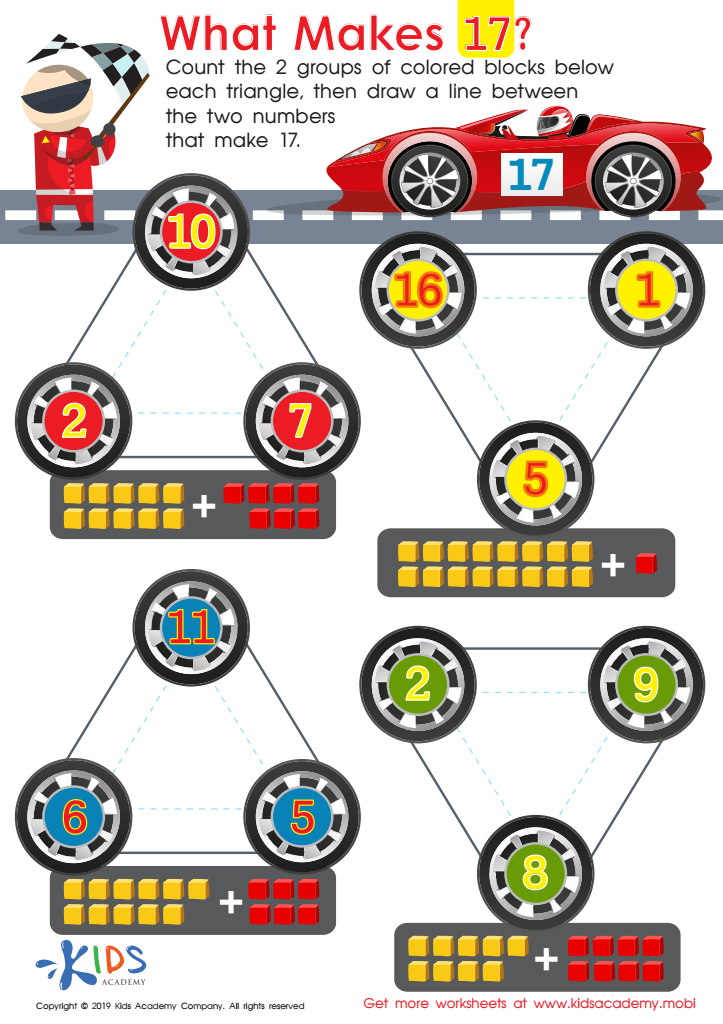

What Makes 17 Worksheet
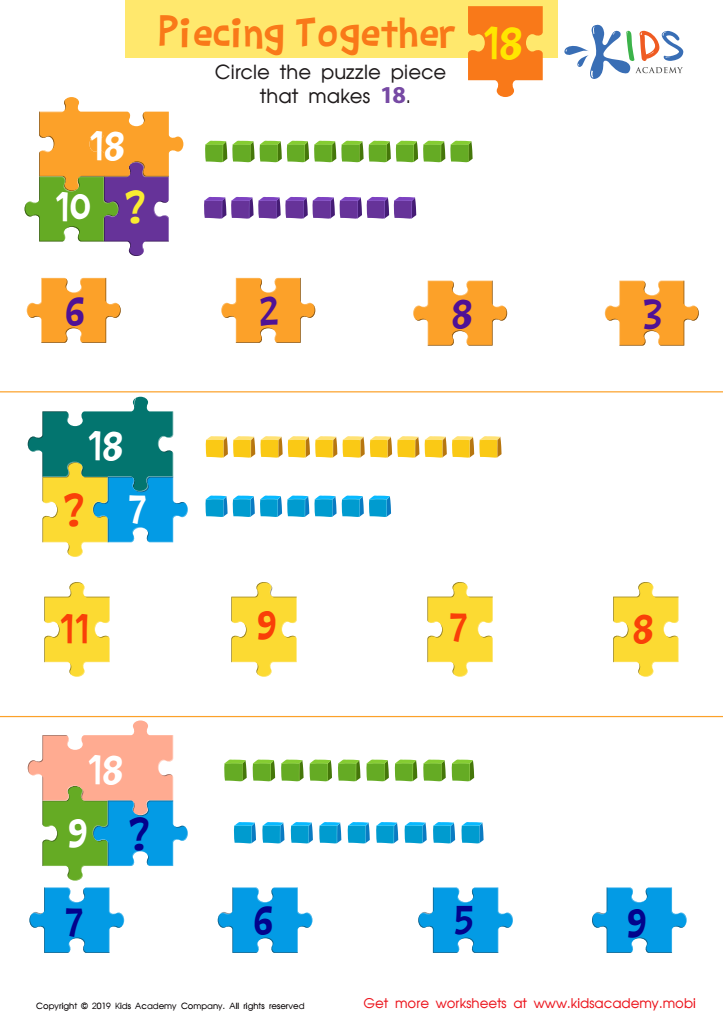

Piecing Together 18 Worksheet
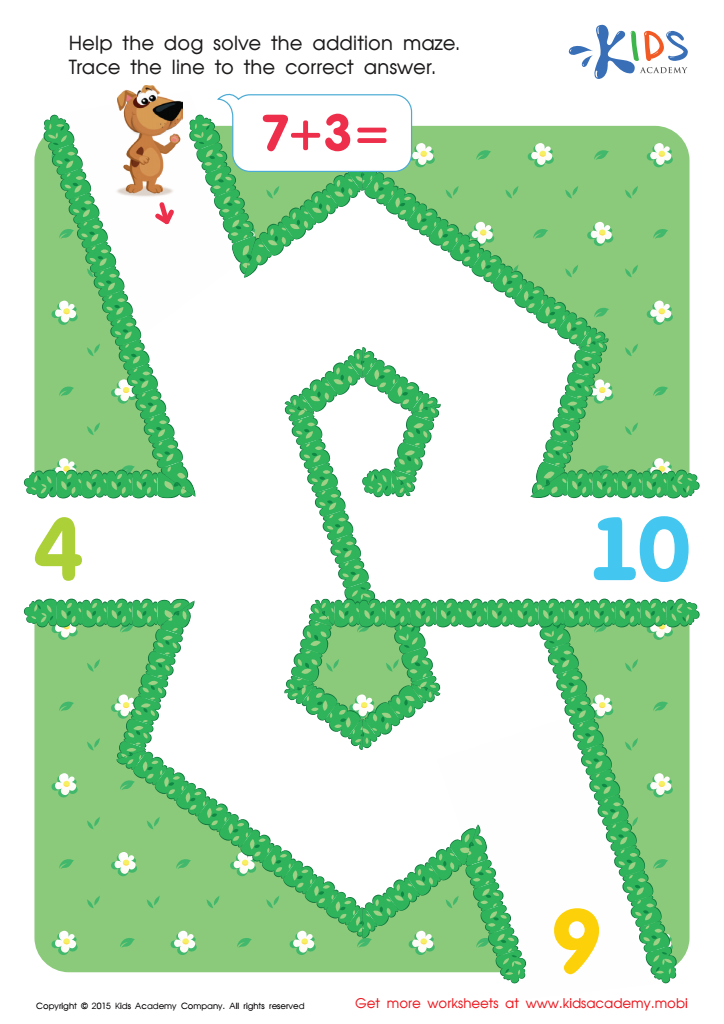

Seven Plus Three Worksheet
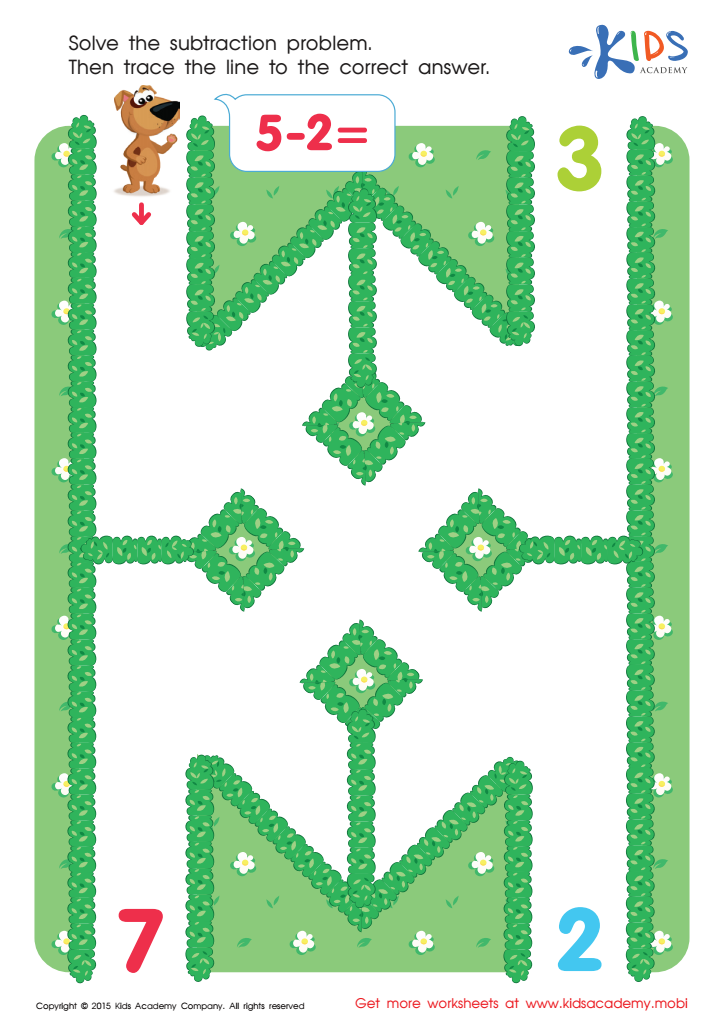

Five Minus Two Worksheet
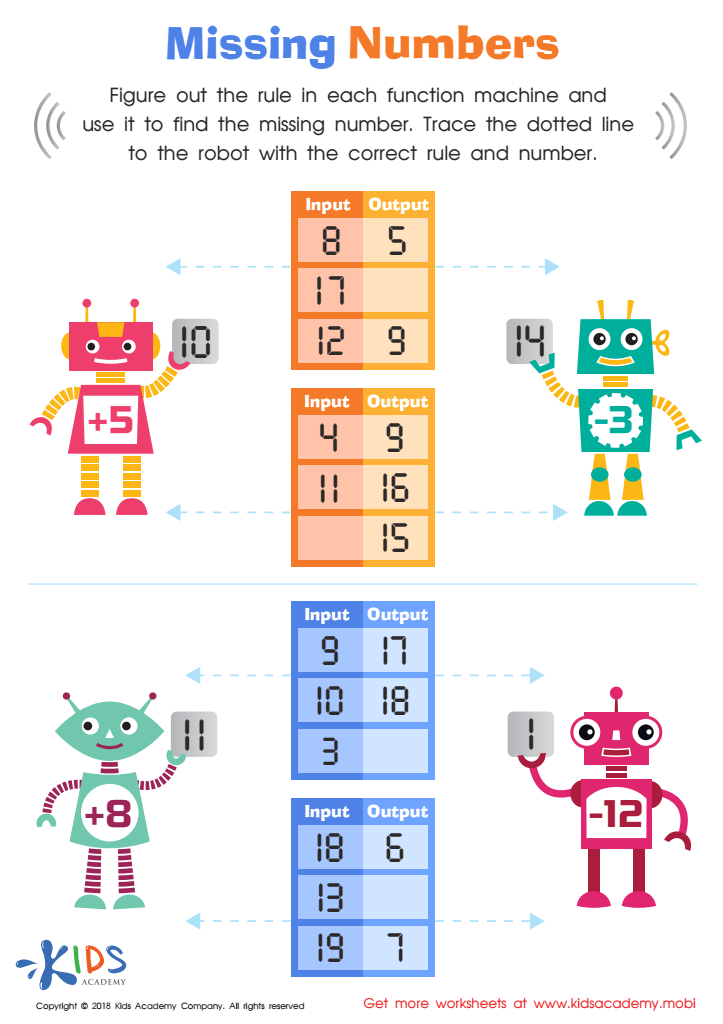

Missing Numbers Worksheet
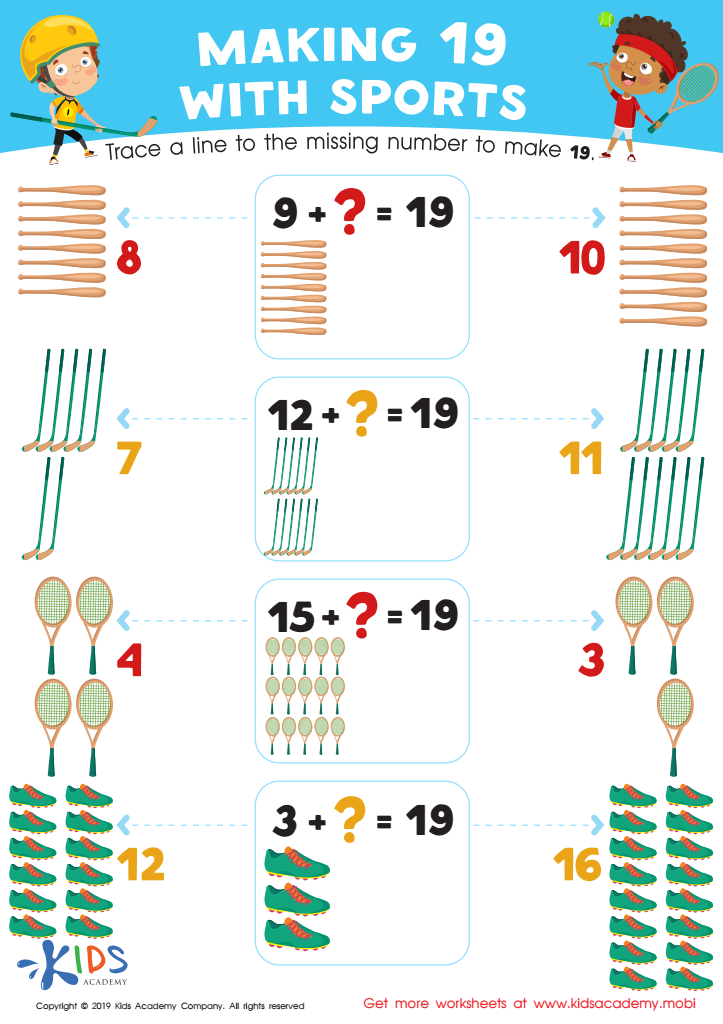

Making 19 with Sports Worksheet
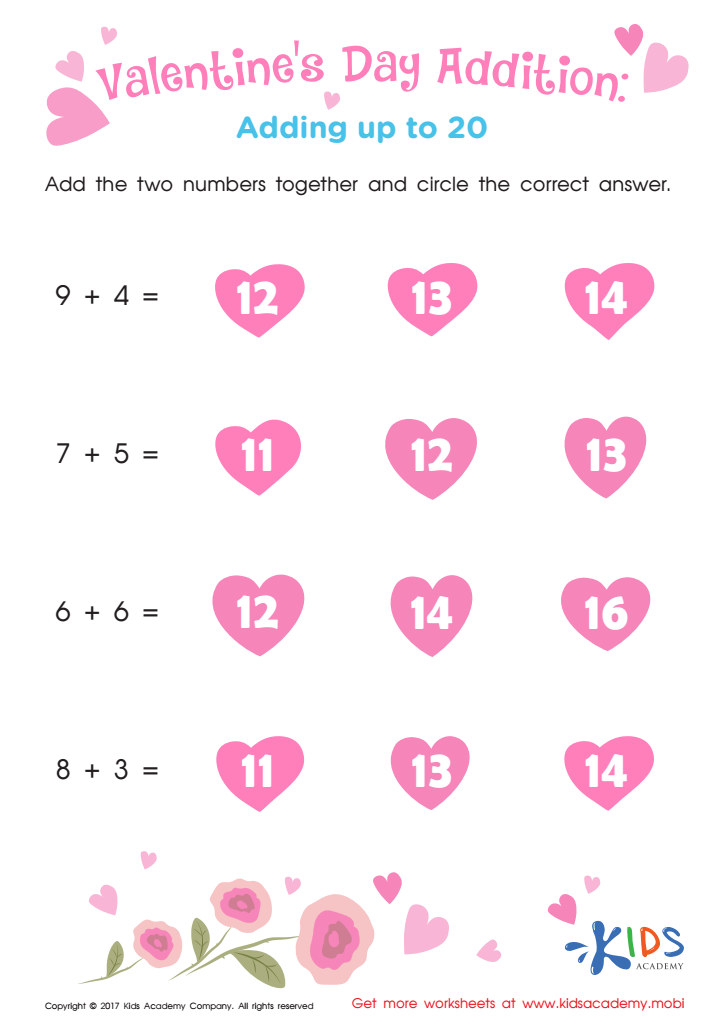

Valentine's Day Addition Worksheet
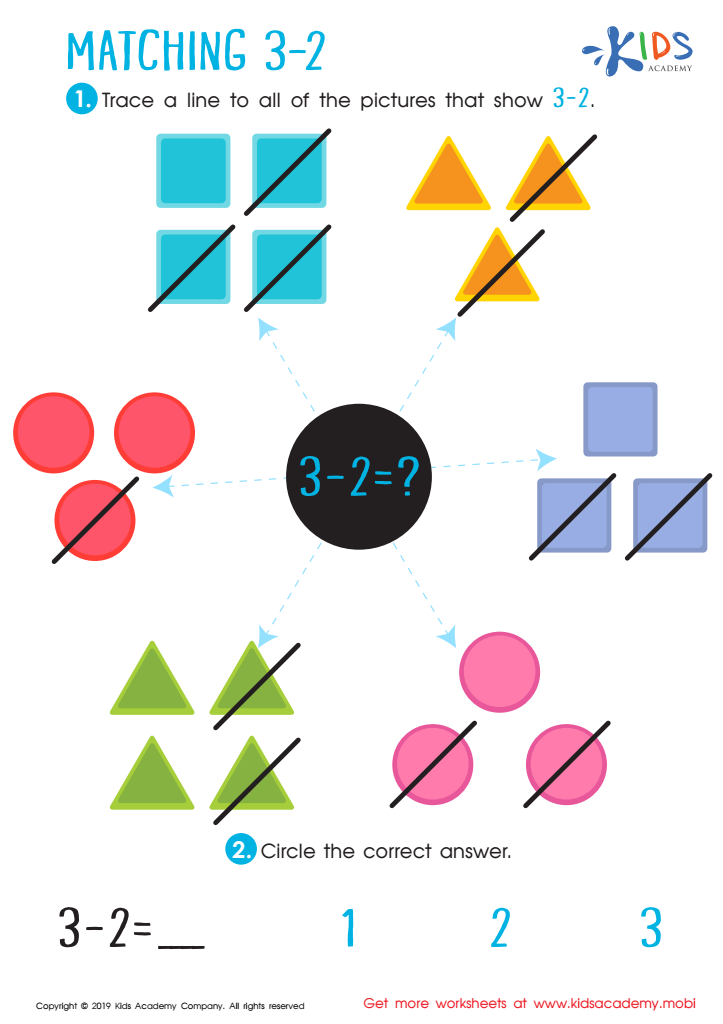

Matching 3-2 Worksheet
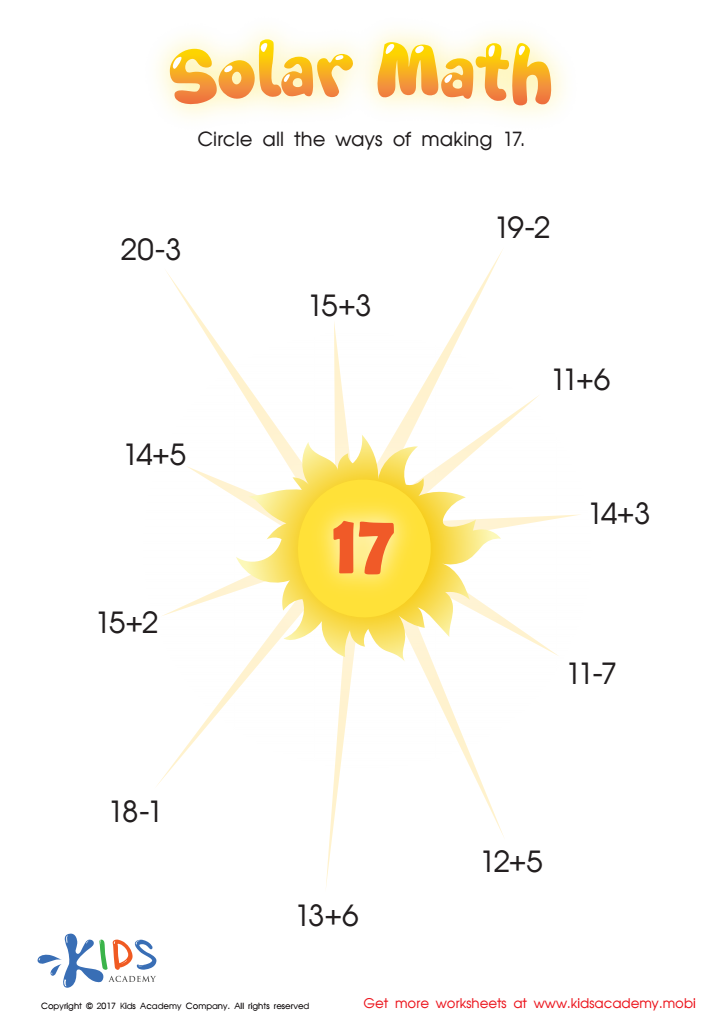

Solar Math Substraction Worksheet
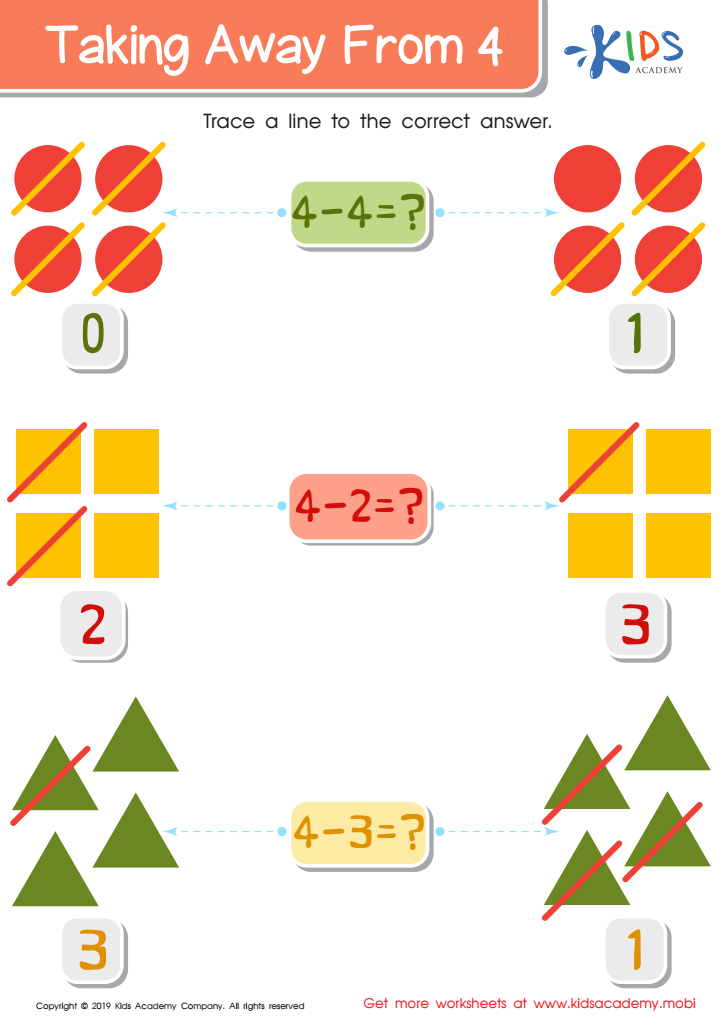

Taking Away from 4 Worksheet
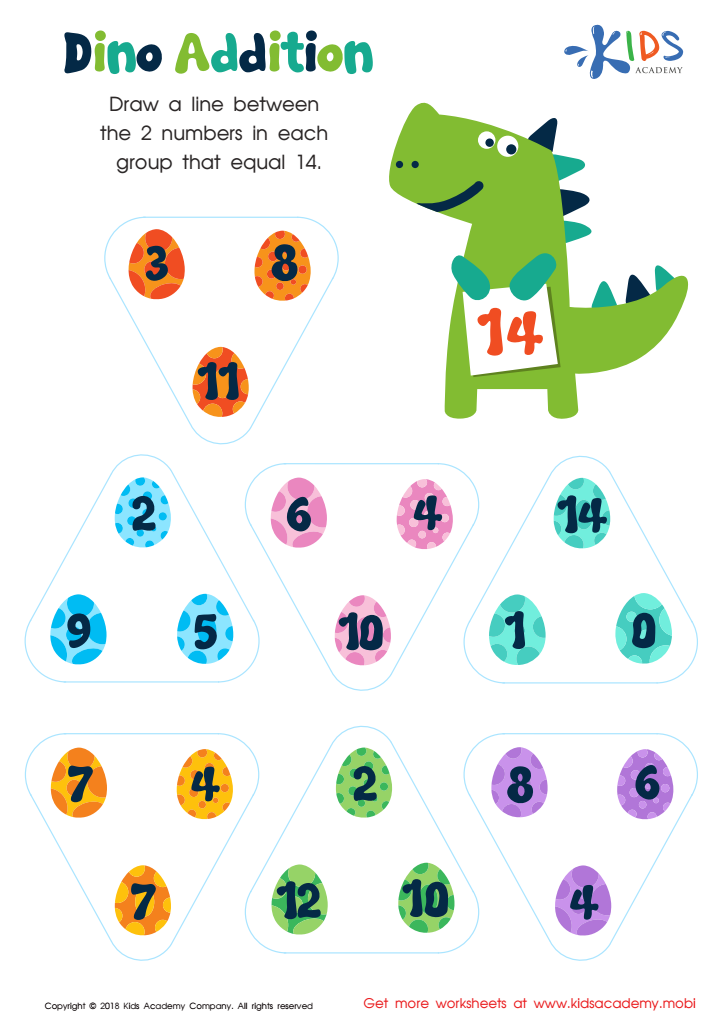

Dino Addition Worksheet
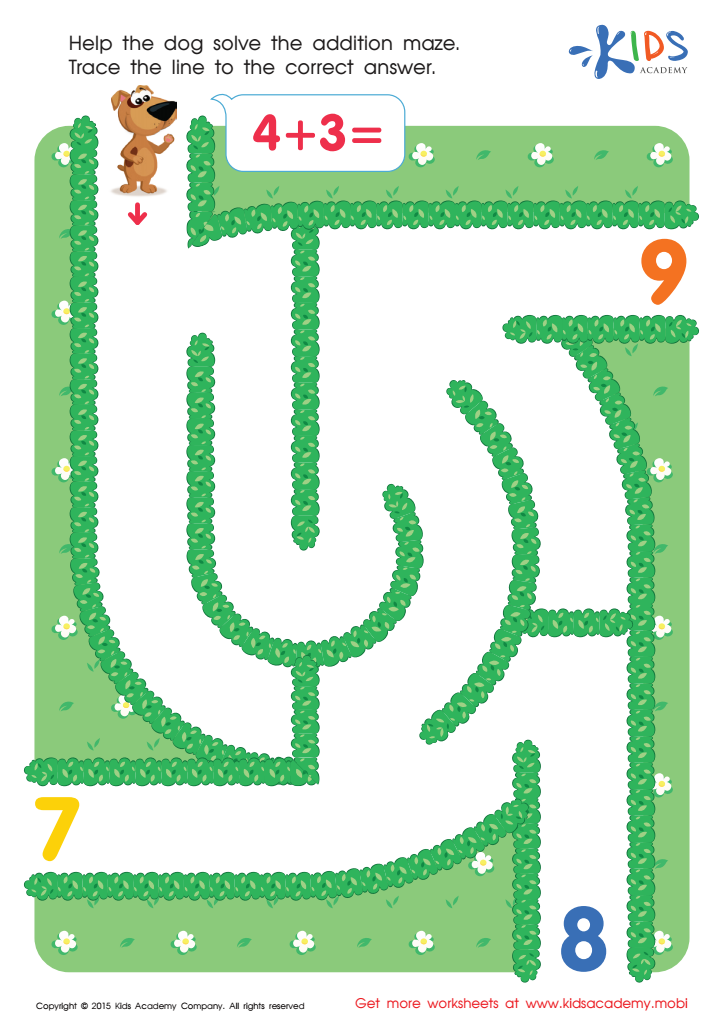

Addition Four And Three Worksheet
Number recognition, along with an understanding of addition and subtraction, is fundamental for children aged 4-8 as it lays the foundation for their future mathematical skills. Parents and teachers should prioritize these skills because they are integral to overall cognitive development and academic success.
Fostering number recognition early on helps children grasp that numbers represent quantities, enhancing their ability to make sense of the world around them. As children begin to understand simple addition and subtraction, they learn not just to perform calculations, but also to develop critical thinking and problem-solving skills. Engaging in extra challenges tailored to their age helps to spark their interest in mathematics, making learning fun while simultaneously building confidence.
Moreover, these skills are not just beneficial for math classes; they permeate various aspects of life, from budgeting allowance to understanding time and patterns. Strong foundational skills can help prevent future learning gaps, allowing for a smoother transition into more complex mathematical concepts. Encouraging extra challenges also promotes perseverance and resilience, teaching children that practice and effort lead to improvement. For these reasons, dedicated attention to number recognition and basic operations is crucial for young learners’ holistic development and academic readiness.

 Assign to My Students
Assign to My Students
